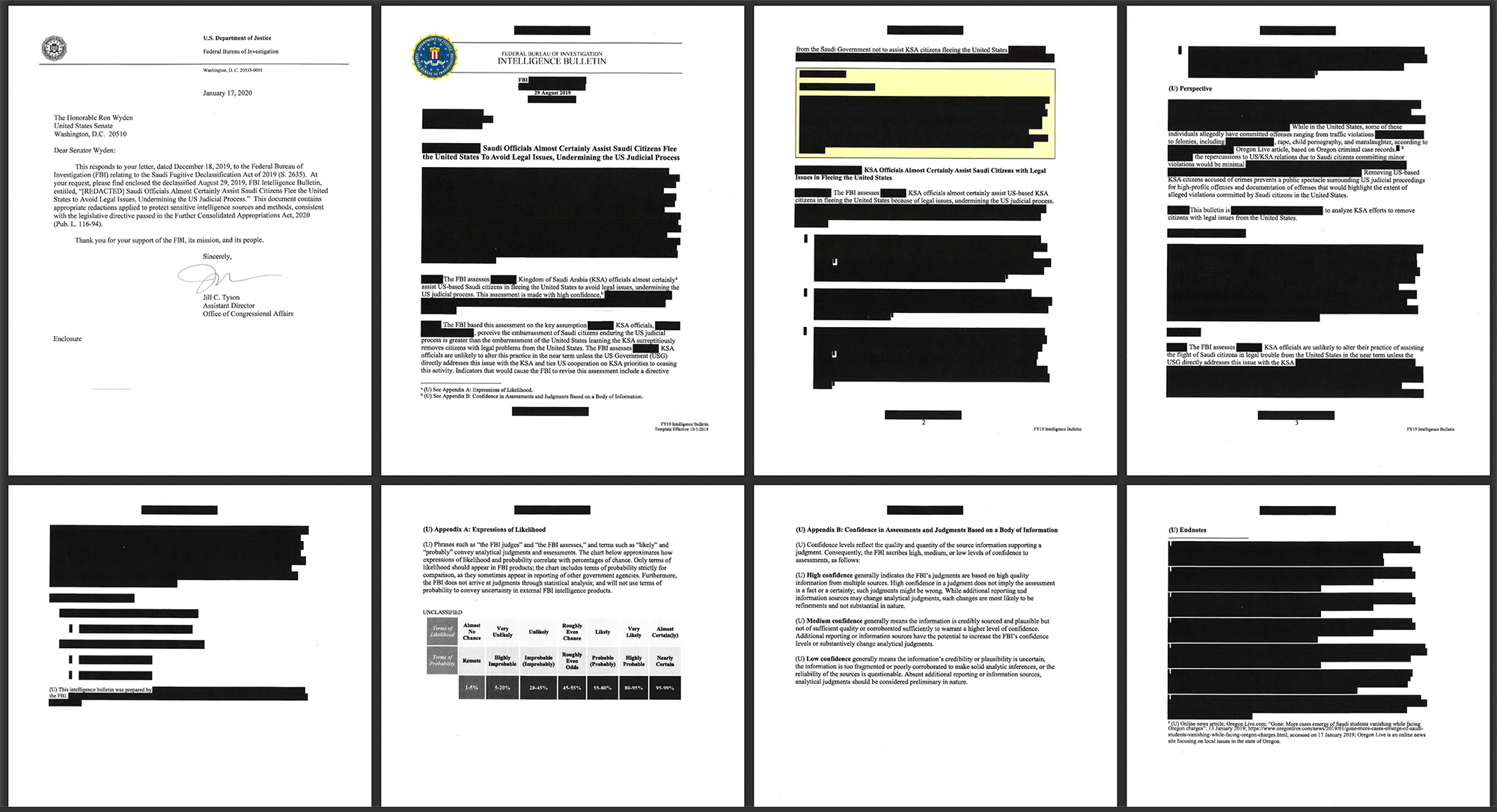By Charles M. Blow
When I was young I idolized the Rev. Dr. Martin Luther King Jr., the way most boys look up to athletes or pop stars.
I had a poster of him. I had a T-shirt with his face on it. I recited his “I Have a Dream” speech. It seemed to me that he was a role model, an example of a life for a Southern boy who loved books and learning, leadership and public speaking.
There was a dignity about King to which I aspired, a politics of character, a Southern erudition that was rooted in religion, but encompassed an exquisite learnedness.
He was a black man who most people had come to venerate, one existing, it seemed, above the trivialities of tense day-to-day racial exchanges, one existing on a higher moral plane.
But, as I grew older and learned and read more about King, it became ever more clear to me that the King I had been fed was a caricature of the man he was. I had been taught a reduced King, smooth and polished, a one-dimensional impersonation of a person.I had been taught only the “Dream” King. That is what America wants King to remain: Frozen in perpetual optimism, urging more than demanding, appealing to America’s better angels rather than ruthlessly calling out its persistent demons.
But, that must not be done. That must not be done.
As King said in a 1967 interview when asked about the “Dream” speech, after much soul-searching he had come to see that “some of the old optimism was a little superficial, and now it must be tempered with a solid realism.”
That evolution, toward a more “solid realism,” toward the more rational King, toward the more radical King, is why I happen to believe that one of King’s most consequential speeches is a little-discussed address he gave in 1967 at Stanford University. It was called “The Other America.”
In it, King blasted “large segments of white society” for being “more concerned about tranquillity and the status quo than about justice, equality, and humanity.”
He slammed what he called the “white backlash” for being the cause of black discontent and demands for black power, rather than the result of it, calling it “merely a new name for an old phenomenon.”
And he declared that true integration “is not merely a romantic or aesthetic something where you merely add color to a still predominantly white power structure.”
This speech was delivered after the passage of the Civil Rights Act of 1964 and the Voting Rights Act of 1965. As King put it in the 1967 interview, passage of those acts came at “bargained rates.”
He explained: “It didn’t cost the nation anything. In fact, it helped the economic side of the nation to integrate lunch counters and public accommodations. It didn’t cost the nation anything to get the right to vote established. And, now we are confronting issues that cannot be solved without costing the nation.”
It seems that King was even open to the idea of reparations, if not explicitly by name, at least in spirit.
King said in his Stanford speech:
“In 1863 the Negro was freed from the bondage of physical slavery. But at the same time, the nation refused to give him land to make that freedom meaningful. And at that same period America was giving millions of acres of land in the West and the Midwest, which meant that America was willing to undergird its white peasants from Europe with an economic floor that would make it possible to grow and develop, and refused to give that economic floor to its black peasants.”
He extended this thought in other speeches, pointing out that not only did the government give the land to these white people, it also used government money to start land-grant colleges to teach them how to farm, sent out county agents to further their expertise, offered low-interest loans so that they could mechanize and instituted a system of subsidies for them, and these became “the very people telling the black man he ought to lift himself by his own boot straps.”
As King put it about his Poor People’s Campaign, “Now, when we come to Washington in this campaign we’re coming to get our check.”
King was assassinated a month before the campaign was supposed to head to Washington.
And King was not afraid to point out white people’s hypocrisy, particularly that of the white moderates, those who were opposed to anti-black cruelty but did not genuinely endorse black equality, fully and unequivocally.
King wrote in his “Letter From a Birmingham Jail”: “I have almost reached the regrettable conclusion that the Negro’s great stumbling block in his stride toward freedom is not the White Citizen’s Counciler or the Ku Klux Klanner, but the white moderate, who is more devoted to ‘order’ than to justice.”
As a child, I idolized the narrowed King. As an adult I love the more complicated King: agitated, exhausted and even angry.

